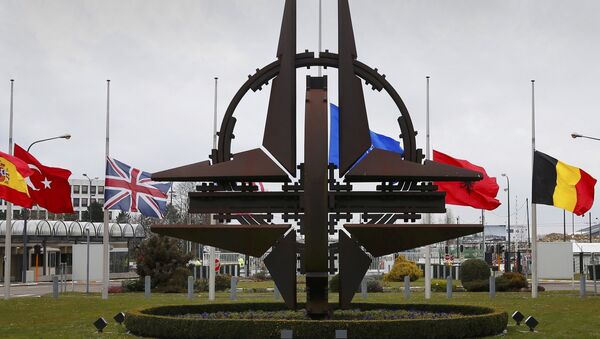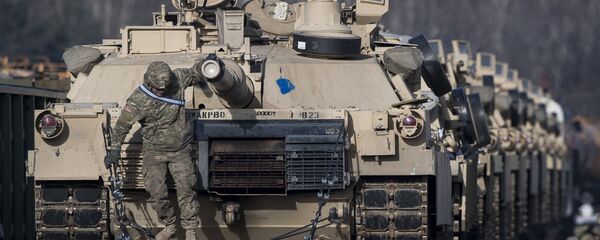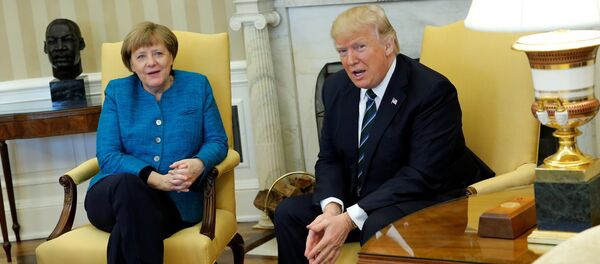MOSCOW (Sputnik) — Prior to the standoff that began after the outbreak of the conflict in Ukraine in 2014, the two sides had successfully cooperated across a range of areas, including in Afghanistan and in counterterrorism, with the latter being a key issue addressed by the NATO-Russia Council, the envoy stressed.
"We have recently been receiving more signals that the Alliance wants to resume dialogue. Especially given the fact that the NATO-Russia Council was convened three times last year after a two-year pause, which indicates that the Alliance itself realized that a full freeze of relations with Russia would be counterproductive," Grushko said in an interview.
"Unfortunately, as of today there are no signs that NATO is willing to give up its earlier decisions to freeze cooperation with Russia," he added.
"This was not only about dialogue, but also about implementing joint projects. One of them gave a substantial boost in terms of Russia's and NATO's security. Together with some NATO countries we were able to create a system, which enabled real-time information transfers, including radar images of planes, which are ignoring ground control and are suspected of being hijacked by terrorists. This was one of the lessons of September 11 and the system worked well," Grushko said.
The sides also held joint training sessions in the Black and Baltic seas as part of the project, according to the envoy.
"This is just one of many examples of how the NATO-Russia Council found its niches without overlapping with other international organizations, it went about its own business, which actually improved the security of states as well as citizens," he stated.
Many in Europe realize that resuming cooperation between Russia and NATO would improve the security of both sides, Alexander Grushko told Sputnik.
"Today all of this is shut, frozen and stowed away in a fridge, and I stress that there are no signs that NATO was ready to resume cooperation. But I am sure that many in Europe understand that [cooperation] is mutually beneficial and would, in fact, improve the security situation," Grushko said.
NATO decided to cut down cooperation with Russia after the outbreak of the Ukrainian crisis in 2014 when the Alliance accused Russia of annexing Crimea and meddling in the war in Donbass. Russia rejected being involved in the violence in Ukraine and stressed that Crimea rejoined Russia in accordance with democratic norms. NATO-Russian cooperation resumed in 2016 when several meeting of the NATO-Russia Council (NRC) were held.





